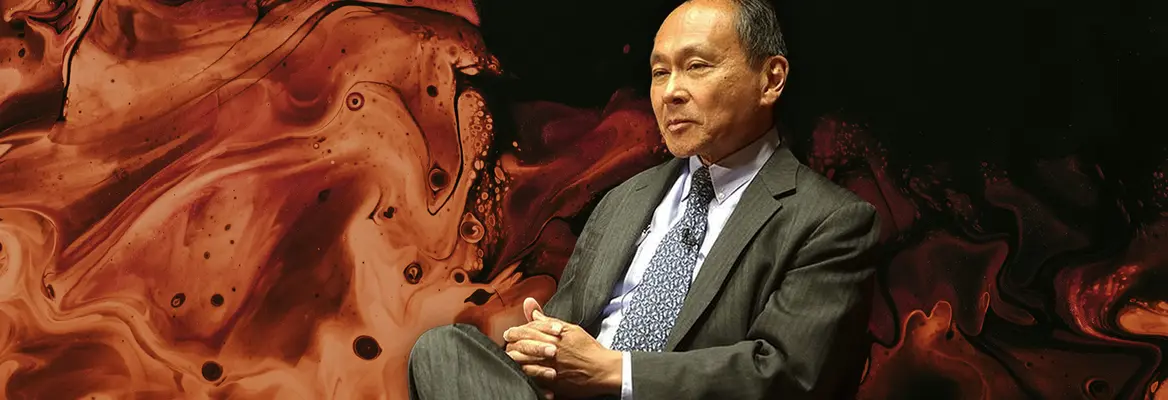Francis Fukuyama, in The End of History and the Last Man, predicted that liberal democracy would be humanity's final stage of ideological evolution. But with rising autocratization across the world, the ascent of China, and Russia’s invasion of Ukraine, many argue this hypothesis is now false. In this exclusive IAI Live Special interview, Fukuyama defends his account of “the end of history” from critics, explains why John Mearsheimer’s realism is flawed, and uncovers what Trump’s Greenland and Canada statements mean for global relations.
Charlie Barnett: You famously wrote in The End of History that liberalism normatively satisfies the most basic human longings and, therefore, can be expected to be more universal and durable than other principles. Is this still a fair characterisation of your position today?
Professor Francis Fukuyama: Just to state the obvious, we're in a very different period than when my original article and book came out. Democracy at that point was expanding very rapidly, and it's been in retreat over the last, I would say, almost 20 years now; really, since about 2008. I think that this retreat has been accelerating, especially with Donald Trump taking office in the United States. I would say, of all the unexpected things that have happened, the fact that you could get this much regression and that Americans could vote for a demagogue like Trump is something I really wouldn't have anticipated. The concept of the end of history was not mine. It was really the philosopher Georg Hegel who articulated it, and it was used then by Karl Marx. Both of them believed that history was directional, that there was progress, and that societies evolved and changed over time. The question of the end of history was: To what sort of society were they progressing? Hegel's was basically a liberal society coming out of the French Revolution, and Karl Marx's answer was a communist utopia. My point back in 1989 was that the Marxist version of the end of history did not look like it was going to happen. If anything, we were going to end up with a liberal state. I think there's still a lot to be said for this because you need to step back a little bit from current events. Since the Hegelian declaration, we've had a lot of things happening in the world, but over the past couple of hundred years, since the French and American revolutions, the fundamental idea that a modern society needs to be based on an equality of recognition has really been accepted by you know, virtually everybody. There are very few people that say, systematically, this race or this particular group is superior to every other one.
The other foundation has to do with economics, that liberal societies tend to be the richest societies in the world. Even China today, which is not a liberal political order, has adopted important parts of economic liberalism, and that has a lot to do with why they're as rich as they are today. And so the question that I was trying to address is whether there's an alternative form of social organisation that is higher than a liberal democracy connected to a market economy. And to this point, I haven't seen it.






















Join the conversation